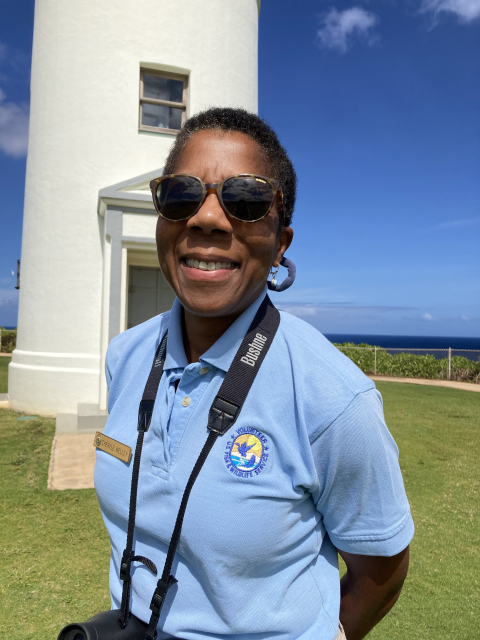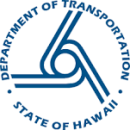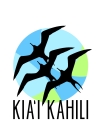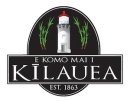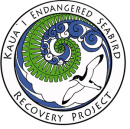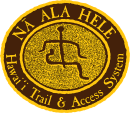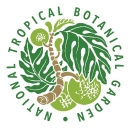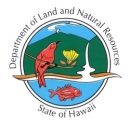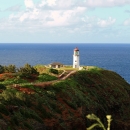Ways to Get Involved
Our volunteers, friends, and partners are integral to Kīlauea Point National Wildlife Refuge management. Volunteers support various Refuge programs including wildlife surveys, native plant restoration, visitor services, and facilities maintenance.
To get involved contact:
Kathleen Viernes
(808) 828 1413 x 302
KauaiNWRC_kokua@fws.gov
Volunteering
An active volunteer group at Kīlauea Point contributes approximately 8,000 hours of service to the refuge annually. The Kīlauea Point Volunteer Program provides an opportunity for residents and visitors to give back to Kauaʻi. Volunteers play an integral role in the daily operation of the Refuge and are readily available to answer questions and provide natural and cultural history information. The personal interaction between volunteers and the visiting public provides an outstanding educational experience. Volunteers also assist with the preservation of native plant species, maintaining facilities, conducting biological surveys, leading environmental education, and assisting on office and organizational projects.
- Roving interpretation
Help visitors create a meaningful experience from their Kīlauea Point visit. Assist the staff by increasing public awareness and understanding of the Fish & Wildlife Service, the National Wildlife Refuge System, the native Hawaiian plant, animal, and cultural resources at Kīlauea Point, and the effects of invasive species invasive species
An invasive species is any plant or animal that has spread or been introduced into a new area where they are, or could, cause harm to the environment, economy, or human, animal, or plant health. Their unwelcome presence can destroy ecosystems and cost millions of dollars.
Learn more about invasive species . - Biological Surveys
Monitor taro fields and wetland management units for sick and dead birds by walking dikes, searching field perimeters in an assigned area, collecting birds, and accurately recording observations. Conduct periodic searches within wetlands and taro fields. - Bird Taxi
Transport injured or sick native birds to Save-Our-Shearwaters (SOS) in Puhi (approximately 1 – 1.5 hours away), dead birds to airport for shipment to O‘ahu for lab analysis, and rehabilitated birds back to Refuges for release. Along with birds, relay information and transport supplies. - Horticulture Volunteer
- Native Habitat Management
Tend native plants in the Refuge nursery, Remove non-native plant species, and re-vegetate Refuge land with nursery-reared plants. - Photography
Document a variety of Refuge events, celebrations, scenic vistas, flora, and fauna; and proficient in understanding lighting conditions, aperture, and shutter speeds to the capture the moment via a digital SLR camera. - Maintenance
Assist Maintenance staff with many aspects of the day-to-day maintenance projects. - Environmental Education
Assist in managing the Environmental Education program including recruitment, scheduling, and leading Environmental Education programs in schools and on the Refuge. This person will also be revising and developing K-4th grade curriculum as relevant to the Refuge Complex’s wildlife and the State of Hawai‘i’s Common Core Standards.
Our Partners
The National Wildlife Refuge System is committed to building partnerships which encourage conservation and preservation of our natural and cultural resources. Partnerships with the Refuge System bring innovative approaches to solving land management and water disputes in the most environmentally protective manner. Scientifically-informed and technologically-based stewardship of our public lands, waters, wildlife and special places must be collaborative efforts between the Refuge System, other government agencies, and private organizations if conservation efforts are to succeed.
With the exception of our Friends Group, our partners are listed in alphabetical order.
Education Programs
Kīlauea Point NWR environmental education programs engage learners of all ages and focus on seabirds, native coastal plants, marine mammals, coastal resiliency and stewardship. Our environmental education program aligns with Next Generation Science Standards and helps to reinforce ecological concepts your students are learning in class. We love hosting groups, however, we are limited in the number of programs we can host. School bus transportation funds are generously contributed through Friends of Kaua’i Refuges. Please, let us know if you would like to utilize this option. To request a Ranger led program at the Refuge or a classroom visit, use the contact info below. Keep us in mind for career days and conservation events too!
Please Include: group size, grade level, relevant conservation themes being covered in your curriculum and some dates that might work for your group.



